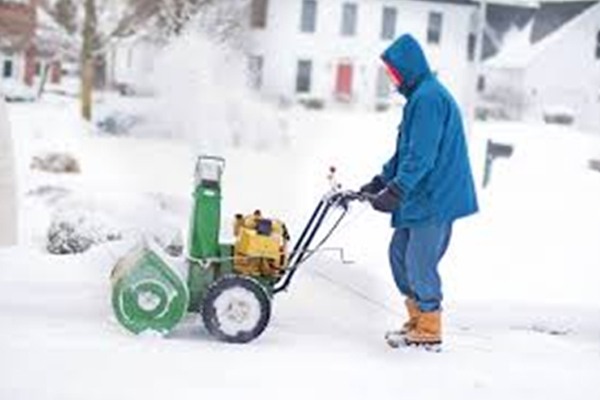|
How To Reduce Occupational Skin Disorders When Working Outdoors In The Winter
Ian Hart, Safety and Health Practitioner
At some point in their career, around 40% of workers will suffer from Occupational Skin Disorders (OSDs), making it a significant health and safety issue for businesses. In the colder months, workers are more likely to suffer from dermatitis – sore and inflamed skin on the hands, which can make routine manual tasks a challenge. If left untreated, dermatitis can have huge implications for an individual, which in turn can hinder workforce wellbeing, productivity and, as a result, a businesses’ bottom line. Therefore, it is crucial that health and safety managers implement a good skin health routine to prevent OSDs and ensure outdoor workers are protected.
Implementing the 3-Moments of Skin Care
The 3-Moments of Skin Care, the universal standard for skin care best practice, heralds a breakthrough in the fight against OSDs.
It enables workers to identity when action is required and highlights when skin protection or restorative creams should be applied:
Before work
Specially formulated skin protection creams should be applied, providing a layer to protect the cell wall.
They can reduce direct contact with specific types of physical contaminants, help retain natural lipids and moisture in the skin, improve comfort and skin strength, and make the skin quicker and easier to clean.
During work – after washing
Following contamination or during work breaks, hands should be washed with an appropriate hand cleanser or soap to remove all dirt and harmful contaminants from the skin, and then followed with the application of the correct protection or restore cream, specific to skin type.
After work
Restorative products should be applied to moisturise, nourish and condition the skin, to improve its strength and prevent it from becoming dry or damaged.
Infection Prevention Week: 5 tips for patient safety in healthcare facilities
In support of International Infection Prevention Week, Deb is raising awareness on how to protect patient’s from infection.
|



